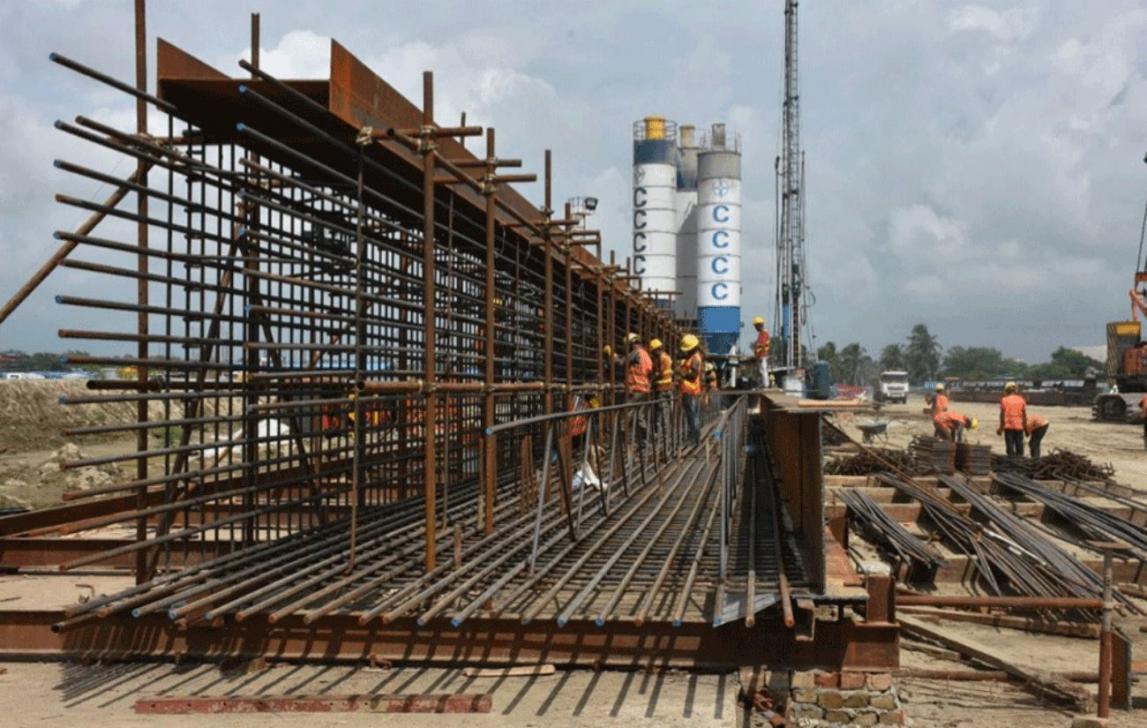
By Ai Jun (Global Times, 23 June 2019) – According to reports, violence that erupted between Bangladeshi and Chinese workers at a China-funded power plant in southern Bangladesh had cooled off by Wednesday.
China hopes the incident will be resolved based on local laws. But it also wishes that after comprehensive investigation into the cause and possible rumors in this case, the controversy that triggered the fight can be calmed in a thorough and just manner so as to create a safer environment for Chinese companies.
The trend can no longer be overlooked that from time to time opposition voices are raised among local citizenry as their governments sign deals with China under the framework of the Belt and Road Initiative (BRI). Lessons must be learned.
Contradictions and disputes could happen whenever there is cooperation between people from different countries. But opposition against Chinese companies operating overseas mostly stems from local residents’ suspicions of Chinese motives.
Take the Jakarta-Bandung High-Speed Railway that Indonesia signed in 2015 as part of the BRI. Negotiations between developers and local citizens who owned the land had been time-consuming and arduous. More importantly, the hype by Western media played a vital role in complicating the situation.
Before any official information was released about the conflict in Bangladesh, a previous clash in 2016 was dug up. Both AFP and BBC noted that protests against the construction of two China-backed power plants. But any rational reader would wonder how come people from a place in urgent need of development would choose to boycott power plants? It is hard not to think malicious forces were stirring up troubles behind the scenes.
“Chinese institutions committed or offered to finance 13.8GW of coal-fired capacity in Bangladesh,” reported the Financial Times. This would equal 90 percent of Bangladesh’s power capacity, mirroring how crucial cooperation with China is to the country.
There have been some ridiculous rumors over the years about the BRI, such as the initiative is facilitating millions of unemployed Chinese to steal job opportunities from other countries, creating a debt trap and flexing its economic muscle for political gain. China must learn to clear up these rumors in a timely fashion.
When Chinese firms expand business overseas, they confront a more complicated social environment than they can imagine. Some countries do not understand China well with their deep-rooted traditional mind-set over the Middle Kingdom, while others are trapped in struggles among different interest groups. Against this backdrop, when rumors are hyped, forces with ulterior motives may make a big fuss about the BRI.
Yet these challenges won’t stop the China-proposed initiative. The process of Chinese companies going global will not be smooth. It is believed they are prepared to take a long time before winning the trust and respect of people from other countries. But China-initiated projects will benefit local people in the long run.
The past six years have seen fruitful results between China and countries along the BRI. Take Bangladesh. Chinese companies are helping build the country’s largest bridge, its first-ever under-river tunnel, a power grid network and other mega infrastructure programs, all of which are genuine efforts to boost the country’s economy and development.


